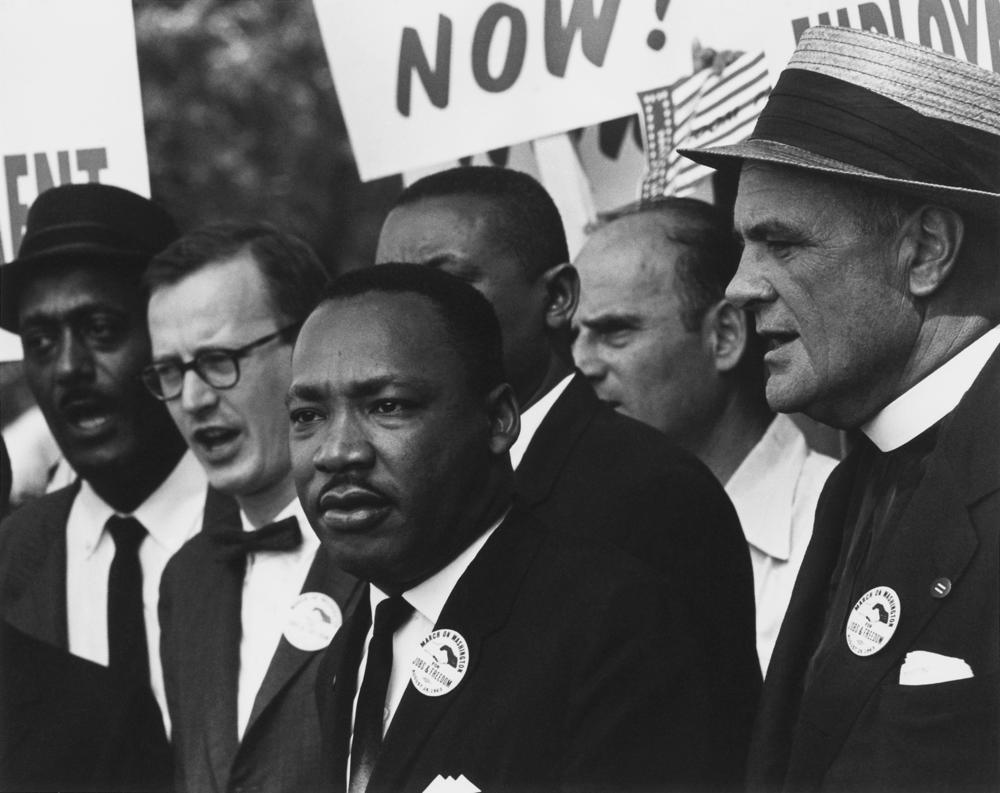Section Branding
Header Content
Rare Martin Luther King Jr. Interview Uncovered
Primary Content
In this rare 1961 interview with Martin Luther King Jr., King spoke with Eleanor Fischer, a reporter with the Canadian Broadcasting Corporation who later worked for National Public Radio.
In the interview, King reflects on childhood run-ins with racial prejudice in Atlanta.
This interview was uncovered by archivist Andy Lanset and the WNYC archives.
Interview Highlights:
Eleanor Fischer: We're you aware of racial prejudices while growing up in Atlanta?
Martin Luther King Jr: I was raised and grew up on Auburn Avenue in Atlanta. In front of our house was a store. This store was owned and operated by one of the white citizens of Atlanta. They had two or three children and we were about the same age. When we were three and four we played together. And this was not an unusual thing. But I never will forget when the day came that my playmates just found excuses and refused to play with us. My brother was concerned about this, he was a year younger than me. And I was very much so concerned. This continued for a week or two and I started talking to my mother about it. And for the first time I came to see the problems. She tried to explain in the best way she could to a child that's five years old. The problems in which negros are confronted in the south as a result of the legacy of slavery then segregation.
Fischer: It must be a difficult job for a mother. I wonder if any mother can explain this to a child, especially to a sensitive child.
King: Well, it's almost impossible to thoroughly explain it. The only thing that the negro mother can do is to try from the beginning to instill a sense of "somebody-ness". This is what my mother tried to do. She made it very clear that in spite of these conditions, you are as good as anybody else. You must not feel that you are not. This was her way of saying you should not have an inferiority complex. This is very difficult, because even though you say this, in words, it's very difficult for the child not to develop unconsciously a sense of inferiority because he lives everyday in the midst of a system which stares him in the face and says you're less than, you're not equal to. And the tendency is develop this sense of inferiority because of the existence of the system.


